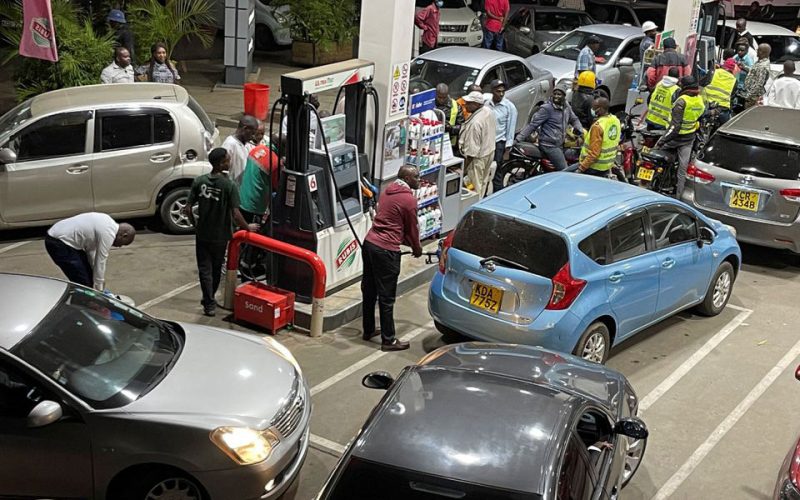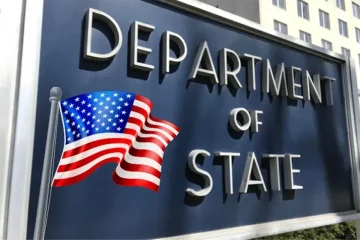AYENAT MERSIE
KENYA’S energy minister threatened to reduce import quotas for oil companies that fail to sell their full allocation as the country grapples with a biting fuel shortage.
The fuel crisis in Kenya is in its second week and has seen traffic in parts of the capital Nairobi come to a standstill as desperate motorists joined snaking queues outside petrol stations, blocking major roads.
Government officials blame the shortage on oil marketing companies, accusing them of hoarding supplies ahead of a price hike, which comes into effect on Friday. Oil companies have pointed to subsidy arrears owed to them by the state.
Local media reported that the government had deported the CEO of fuel storage and distribution company Rubis Energy Kenya over the fuel crisis. Energy minister Monica Juma confirmed that the CEO, Jean-Christian Bergeron, had left the country on Wednesday night but declined to give further details.
Bergeron has led the Kenyan subsidiary of France’s Rubis Energie for three years. Local media said his work visa had been revoked. Bergeron and the interior ministry did not respond to requests for comment.
“The CEO of Rubis Energy Kenya joined the head office in Paris to give a full update on the situation of the subsidiary,” Rubis Energie said in a statement in French on Thursday, without giving further details on Bergeron’s return to France.
Kenya’s petroleum regulator said on Thursday it was increasing national fuel prices by 9.90 Kenyan shillings per litre, effective from Friday.
Juma said she had sanctioned a process of reallocating the petroleum import capacity and the fuel crisis should ease within 72 hours. “This situation can only be equated to deliberate efforts to sabotage this economy, which constitutes a capital crime,” she said.
“The oil marketing companies who sold above their normal local quota during the crisis period will benefit from additional capacity; while those who sold less will have their respective capacities reduced,” Juma said, without giving more details about quota changes.
Rubis Energy Kenya said in a statement that it has not increased its export sales to the detriment of the Kenyan market and was making its best efforts to fully supply the market.
Kenya introduced its fuel subsidy scheme in 2021. A jump in global oil prices has caused cash flow problems at some retailers and hardships have been compounded by delays in subsidy payments by the government.
Many Kenyans turned to social media in search of clues as to where to find fuel; one even set up a crowd-sourced platform “IkoWhere?” which offered live updates on stations with fuel.














